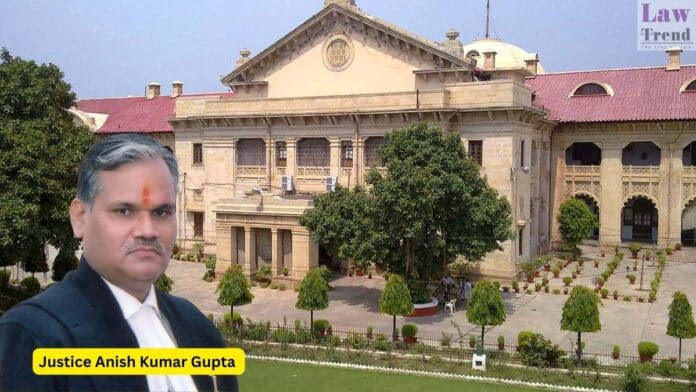In a significant judgment, the Allahabad High Court has held that consent obtained under threat or misconception cannot be treated as valid consent in cases of sexual assault. The court made this observation while dismissing an application seeking the quashing of a charge sheet against the accused, who was charged under Sections 376, 504, and
To Read More Please Subscribe to VIP Membership for Unlimited Access to All the Articles, Download Available Copies of Judgments/Order, Acess to Central/State Bare Acts, Advertisement Free Content, Access to More than 4000 Legal Drafts( Readymade Editable Formats of Suits, Petitions, Writs, Legal Notices, Divorce Petitions, 138 Notices, Bail Applications etc.) in Hindi and English.




